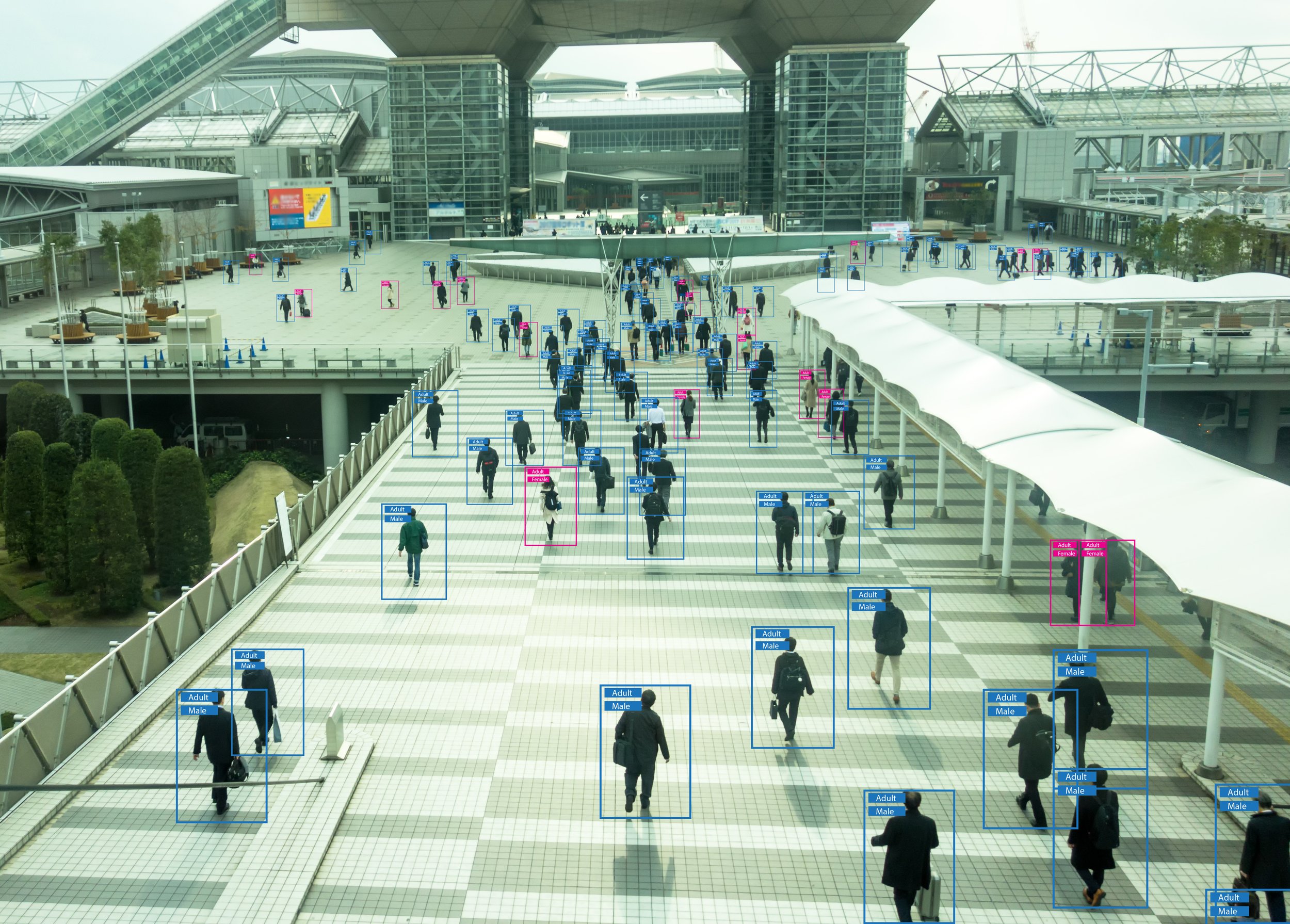Are AI and surveillance at a crossroads over privacy?
No. 62: Bringing you the news that matters in video privacy and security
Artificial intelligence (AI) and surveillance are at an increasingly prevalent and controversial crossroads. AI-powered surveillance has the potential to revolutionise various aspects of our lives, but it must be accompanied by a strong commitment to protecting privacy rights. Should these technologies be improperly used, they can have damning effects on the privacy rights of us all, especially the most vulnerable in society.
Surveillance tools, including those equipped with facial recognition and AI, have been installed by local officials in public housing across the US - all without clear guidance or limits on their use. The cameras, intended to enhance safety, are instead allegedly being used to punish and evict residents.
The US White House and intelligence agencies are calling for a split Congress to renew section 702 of FISA. Referenced in the Max Schrems 2020 privacy case against Facebook, it has enabled government surveillance of individuals both inside and outside of the US. This current debate highlights the expansion of surveillance culture and how these means can be misused and compromise privacy.
By implementing robust legal frameworks, adhering to ethical principles, and fostering public awareness, we can ensure that AI surveillance respects privacy whilst benefiting society as a whole.
As always, please send any feedback or topics of interest you would like to be covered.
Seena, Editor
News
White House pushes lawmakers to renew FISA section on government surveillance
The White House is currently pushing lawmakers to renew section 702 of the Foreign Intelligence Surveillance Act (FISA) which is set to expire at the end of this year. The section permits the government to conduct targeted surveillance of those outside of the US.
Reuters: Renewal of US surveillance program faces resistance from both parties
The Guardian: White House pushes for renewal of electronic surveillance law provision
Ring settles with FTC for $5.8 million over employee privacy violations
The Federal Trade Commission (FTC) has announced a $5.8 million settlement with Amazon's Ring doorbell camera unit over privacy violations. The settlement stems from a case where a former employee spied on female customers for months by placing cameras in their bedrooms and bathrooms.
The Guardian: Amazon’s Ring doorbell was used to spy on customers, FTC says in privacy case
Sky News: Amazon to pay millions to settle Alexa and Ring doorbell privacy claims
New Jersey: criminal defendants can access facial recognition information
A New Jersey appeals court has ruled that defendants in criminal trials have the right to access information about the facial recognition systems used to incriminate them. This includes details about the AI algorithm's error rate, performance metrics, and the management of the database used.
Biometric Update: Judges decide cops can’t use black-box biometrics systems in criminal case
Bloomberg: Man Nabbed by Facial Recognition Wins Right to Inspect Tech
AI surveillance cameras used to monitor US public housing
Local officials are installing advanced surveillance tools, including those equipped with facial recognition and AI, without clear guidance or limits on their use. The cameras, intended to enhance safety, have impacted 1.6 million people and have been used to punish and evict residents.
Biometric Update: Facial recognition shows up in public housing, small cities
The Washington Post: Eyes on the poor: Cameras, facial recognition watch over public housing
Massive vaccination data leak of Indian citizens leaked to Telegram
The personal information of hundreds of thousands who received the Covid-19 vaccine has allegedly been leaked on a Telegram channel. The data, which includes names, dates of birth, genders, and IDs of Indian citizens, originated from the online platform for vaccine booking, CoWIN.
Bloomberg: India Investigates Reports of Covid Portal Breach, Data Leak
AI Snippet of the Week
AI used to create the “last Beatles record” from old cassette recordings
Paul McCartney has announced that AI has been used to help create a “last Beatles record” which will be released this year. The technology was able to extract John Lennon’s vocals from a low-quality cassette recording to help make the foundation of the song.
The Verge: Paul McCartney says AI tools helped rescue John Lennon vocals for ‘last Beatles record’
Euronews: Artificial intelligence helped create the "last Beatles record"
Policy Updates
The UK and US forge “data bridge” to support transatlantic data flows
The UK and the US have announced a commitment in principle to establish a "data bridge" that would facilitate the free flow of personal data between the two countries.
Gov.uk: UK and US reach commitment in principle over 'data bridge’
To subscribe to our fortnightly newsletter, please click here
Thanks for reading, if you have any suggestions for topics or content that you want to see covered in future please drop a note to: info@secureredact.co.uk







